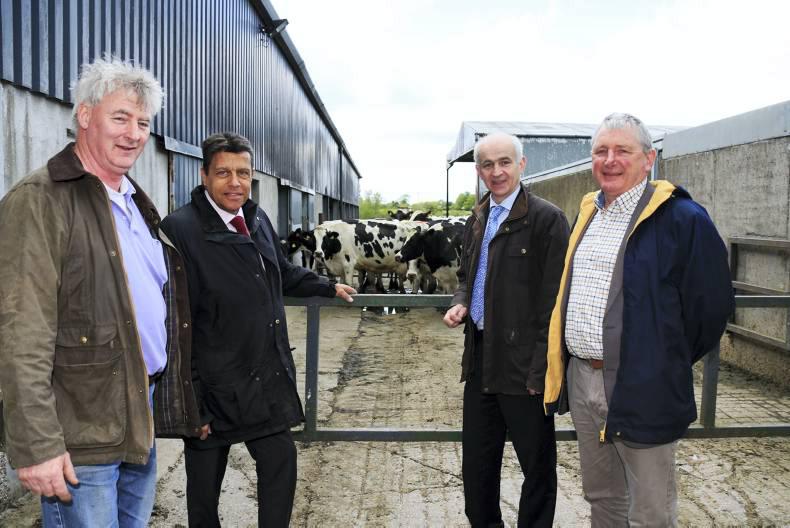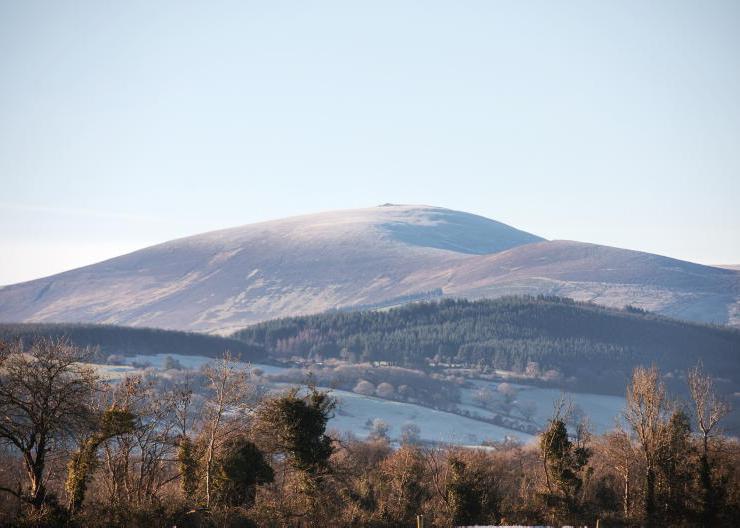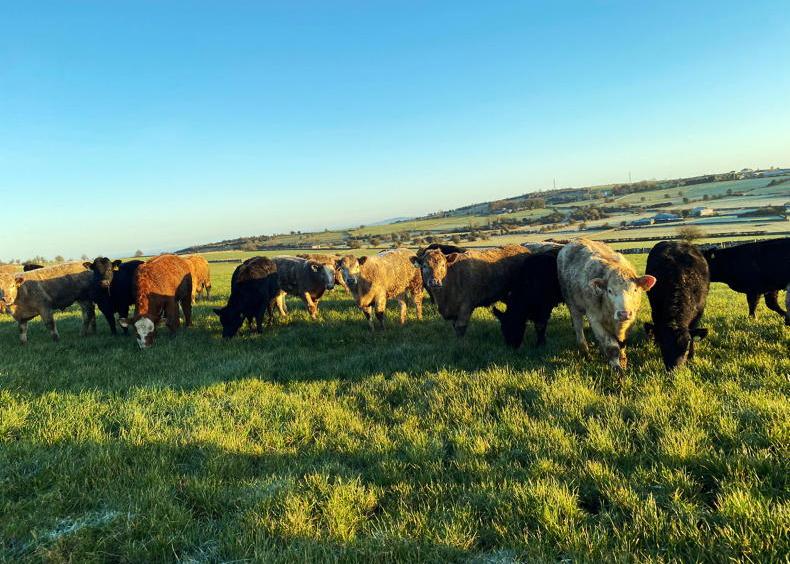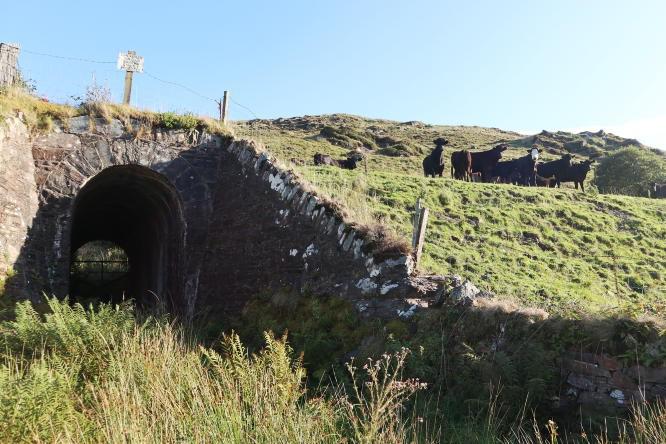As Ireland implements a €52m suckler herd support scheme, France has had its new beef support in place for almost a year.
French beef farmers have been receiving €180 per cow in coupled supports. The payment is available on the first 40 cows in the herd before reducing for subsequent cows. Of the €982m set aside for coupling in France, €675m is for beef farms and will cover suckler cows, beef cattle and coupled payments for calves. Ireland’s €52m payment (from Pillar II funding) looks paltry in comparison.
However, it was a case of robbing Peter to pay Paul. Tillage farmers, in particular, were forced to sacrifice sizeable chunks of their payments over the next six years in order to fund the suckler payment.
The move was aimed at diverting money to less productive and less financially secure farmers, but it has resulted in cuts to tillage farmers’ payments of as much as 40% between now and 2020.
The Irish Farmers Journal had an exclusive interview with the man who played a pivotal role is obtaining the payment – Xavier Beulin – during his recent visit to Ireland.
He is the long-time president of France’s main farm organisation, the FNSEA. A 500ha tillage farmer from south of Paris, Beulin said it was not easy to get agreement on the suckler payment as it alienated many tillage farmers.
“They [tillage farmers] made their feelings known … they were not happy with it. The [suckler] payment means that I pay for my friends. Tillage farmers [are] supporting their beef friends,” Beulin said.
French farmers have been known to protest with vigour when it comes to issues that affect them. With such a vast membership from across all corners of one of Europe’s largest countries, is it difficult to get French farmers to take to the streets?
“Sometimes it’s more difficult to get them home,” Beulin joked. “It can be difficult, yes, but when farmers feel affected by something, they protest.”
What issues are causing concern for farmers in France at the minute?
“Bureaucracy and office work,” Beulin said. “There are also many farmers who are very worried about nitrates. It is a big problem for us and it will be a big problem for every farmer in Europe.”
Climate change
In Paris this December the United Nations will meet to set legal binding targets on climate change. How do French farmers treat the issue of climate change?
“It is about education,” Beulin said. “Most farmers know that there are problems, but not everybody does. Mostly there is good understanding, but you have to educate too.”
Beulin said the FNSEA recently hosted a climate change conference which French president Francois Hollande attended where the organisation pushed for agriculture to have greater leeway on climate change targets.
Beulin said policy makers need to “have balls” when dealing with farming and climate change.
FNSEA structure
The FNSEA has more than 200,000 members but its structure is not like the structures of farm organisations in Ireland. The FNSEA is similar to the Irish Congress of Trade Unions, where each of the individual trade unions reports into the congress.
In France, the FNSEA represents each of the individual representative bodies in each of the sectors, be that beef, dairy, tillage or any of the others.
Regardless of the sector, farmers must pay €2/ha as well as paying a levy for their produce to be members. “About 10%” of the total FNSEA budget comes from government funding.










SHARING OPTIONS